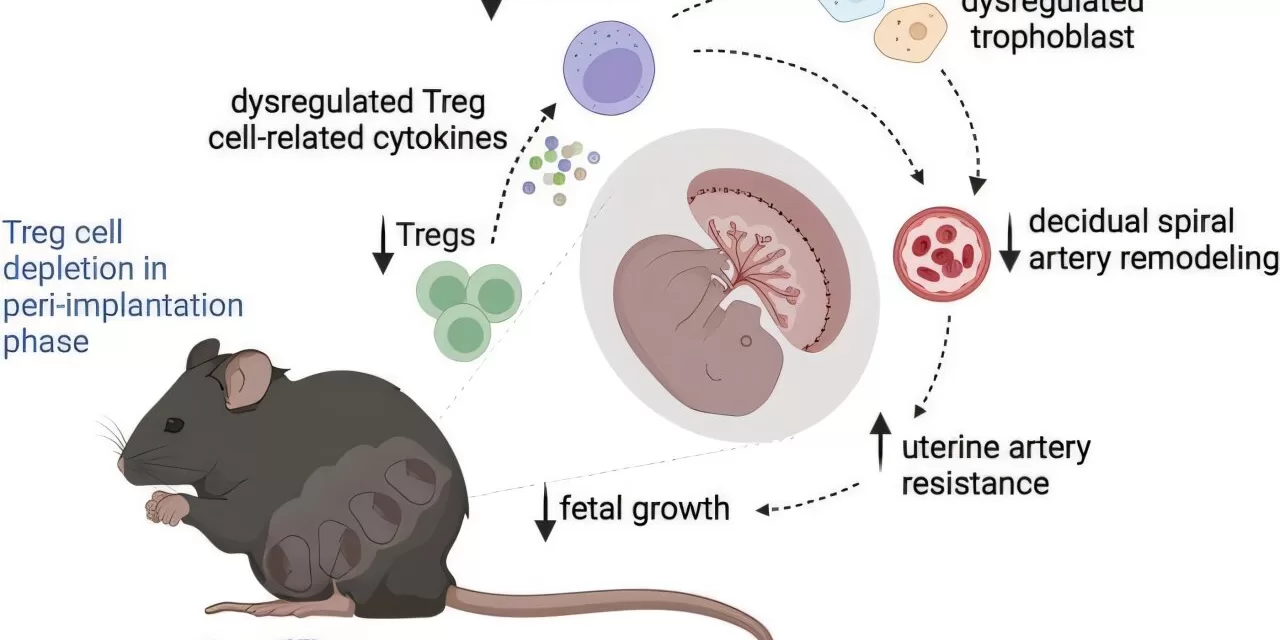Adelaide, Australia – Researchers at the University of Adelaide have made a significant discovery about the role of the immune system in supporting healthy pregnancies. Their findings, published in JCI Insight, shed new light on conditions like preeclampsia, a serious pregnancy disorder affecting 2-8% of pregnant women.
Preeclampsia is characterized by high blood pressure and poor placental development, impacting both mother and fetus. The researchers, led by Dr. Alison Care, demonstrated the critical role of regulatory T (Treg) cells – a type of anti-inflammatory immune cell – in ensuring proper blood flow to the placenta.
“An altered T cell balance has been linked to preeclampsia, but its precise impact on placental development remained unclear,” said Dr. Care. The study, conducted on a mouse model, revealed that a deficiency in Treg cells disrupts the blood supply to the placenta, leading to impaired fetal growth and even pregnancy loss.
Conversely, the research showed that transferring healthy Treg cells in early pregnancy can restore immune and vascular function, preventing these complications. “This highlights the crucial role of these immune cells in orchestrating the necessary vascular changes for a healthy pregnancy,” emphasized Dr. Care.
The findings have significant implications for the development of new treatments for preeclampsia. Currently, there are no treatments to halt its progression. By targeting immune dysfunction, researchers hope to develop effective interventions that improve pregnancy outcomes for millions of women worldwide and mitigate long-term health risks for both mothers and their children.
Source: University of Adelaide Publication: JCI Insight
Disclaimer: This news article is based on a scientific study and provides a general overview. For specific medical advice or concerns, consult with a qualified healthcare professional.












